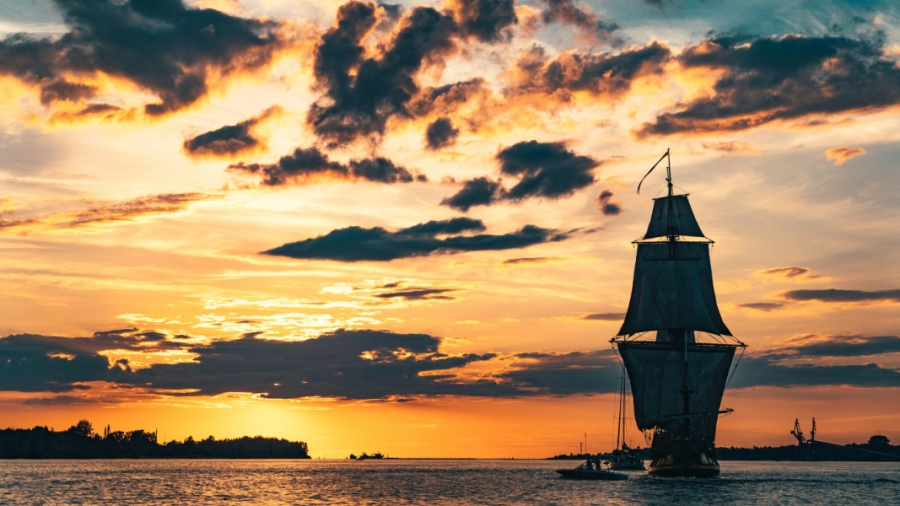In the vast expanse of international waters, where nearly 90 percent of global trade flows, the transportation industry faces a persistent threat: piracy. While piracy may have faded from public consciousness since its peak in the early 2000s, recent incidents, particularly in Southeast Asia, serve as a stark reminder of the ongoing battle for maritime security.
The Global Impact of Piracy
Despite a decline in piracy worldwide since 2011, fueled by concerted international efforts and increased naval patrols, certain regions remain vulnerable. The reasons for piracy vary—from socio-economic factors to political instability—and finding effective solutions requires a nuanced approach tailored to each region’s unique challenges.
The transportation industry bears the brunt of these security concerns, with significant costs incurred to safeguard ships, cargo, and crew. Rising insurance premiums, heightened security measures, and the threat of stolen goods or delayed shipments underscore the urgency of addressing piracy threats head-on.
Precautionary Measures: Ensuring Safe Passage
To mitigate the risks associated with piracy, international shipping companies employ a variety of precautionary measures:
1. Alternative Routes:
In regions plagued by piracy, ships may opt for alternate shipping routes to avoid high-threat areas. While this may necessitate flexible arrival times, it’s a proactive step to minimize exposure to potential dangers.
2. Enhanced Security Measures:
Ships carrying valuable or sensitive cargo often implement stringent security protocols, including the deployment of armed guards, advanced alarm systems, and physical deterrents such as barbed wire fences. Additionally, technologies like GPS navigation systems bolster safety and facilitate swift response to emergencies.
3. Marine Insurance:
Despite these proactive measures, the unpredictable nature of piracy necessitates comprehensive insurance coverage. Marine insurance policies offer varying levels of protection, and it’s essential for shippers to carefully review their options with an insurance agent to ensure adequate coverage for their shipments.
Navigating the High Seas: A Global Imperative
Maritime shipping remains the lifeblood of the global economy, facilitating the movement of goods and commodities on an unprecedented scale. With hundreds of thousands of ships traversing the world’s oceans at any given moment, safeguarding international shipping lanes against piracy is not just a matter of industry concern—it’s a global imperative.
In conclusion, while piracy may seem like a relic of the past, recent incidents serve as a sobering reminder of the ongoing threat to maritime security. By implementing proactive measures and investing in comprehensive security protocols and insurance coverage, the transportation industry strives to ensure the safe and timely passage of goods across the world’s oceans.



